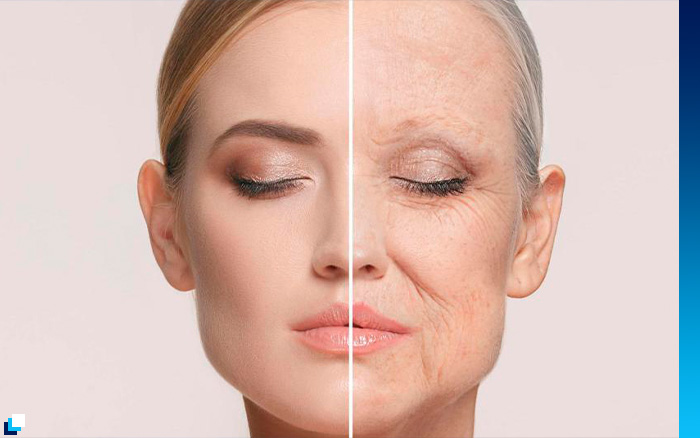Vitamin D May Delay Cellular Aging, According to a Harvard Study
An innovative sub-study of the VITAL trial—coordinated by Brigham and Women’s Hospital (Harvard), Harvard Medical School, and Augusta University (Mass General Brigham)—has revealed a promising link between daily vitamin D₃ supplementation and the preservation of telomere length, a key marker in cellular aging.
The Study:
- Rigorous design: Double-blind, placebo-controlled trial using 2,000 IU/day of vitamin D₃ and 1 g/day of omega‑3 in over 1,000 participants (men ≥ 50 years; women ≥ 55) over a five-year period.
- Analyzed sample: 2,571 white blood cell samples from 1,031 participants, evaluated at baseline, two years, and four years.
- Main finding: Participants taking vitamin D₃ experienced significantly less telomere shortening (140 fewer base pairs) compared to the placebo group—equivalent to delaying cellular aging by approximately two to three years.
- No impact from omega‑3: Omega‑3 supplementation showed no significant effect on telomere length.
Telomeres: Guardians of Aging

Telomeres are DNA sequences that protect the ends of chromosomes. As cells divide, telomeres gradually shorten, potentially leading to cellular senescence or programmed cell death—processes linked to aging and age-related diseases such as diabetes, cancer, or cognitive decline.
Why Does Vitamin D Help?
Beyond its well-known role in bone health and immune modulation, vitamin D₃ may also reduce inflammation—a key mechanism in DNA damage and telomere shortening—and potentially activate enzymes like telomerase, which could support DNA repair and preservation.

What Are the Real-Life Benefits of This Finding?
- Delayed cellular aging: Roughly equivalent to three additional years of cellular protection against normal aging.

- Potential prevention of chronic diseases: Preserving telomere length may reduce the risk of age-related illnesses.
- High scientific validity: This is the first large, long-term randomized clinical trial to support a specific protective effect of vitamin D on telomeres.
Warnings and Limitations
- Preliminary results: Researchers regard these findings as hypothesis-generating and stress the need for further studies to confirm biological mechanisms and effects across diverse populations.
- Technical concerns: The qPCR technique used to measure telomeres can be influenced by blood cell type distribution; experts like Nobel Laureate Carol Greider note limitations in its precision.
- Limited demographic: Participants were mostly white Americans aged over 50, so it’s unclear whether the benefits extend to other age groups or ethnicities.
Practical Recommendations
- The dose used—2,000 IU of vitamin D₃ daily—is considered safe for most adults, with no common adverse effects reported during the five-year study.
- Supplementation should not replace a balanced diet or sufficient sun exposure. It may be especially useful for people with low vitamin D levels or high inflammatory risk.
- Always consult a healthcare professional before starting vitamin D supplements, especially if you have underlying health conditions or take other medications.
Conclusion
This VITAL sub-study provides compelling evidence that daily, moderate-dose vitamin D₃ supplementation may help preserve telomere length, effectively slowing cellular aging by up to three years. While not yet sufficient to alter medical guidelines, it offers a strong foundation for future research and highlights vitamin D’s potential as a preventive health tool.
